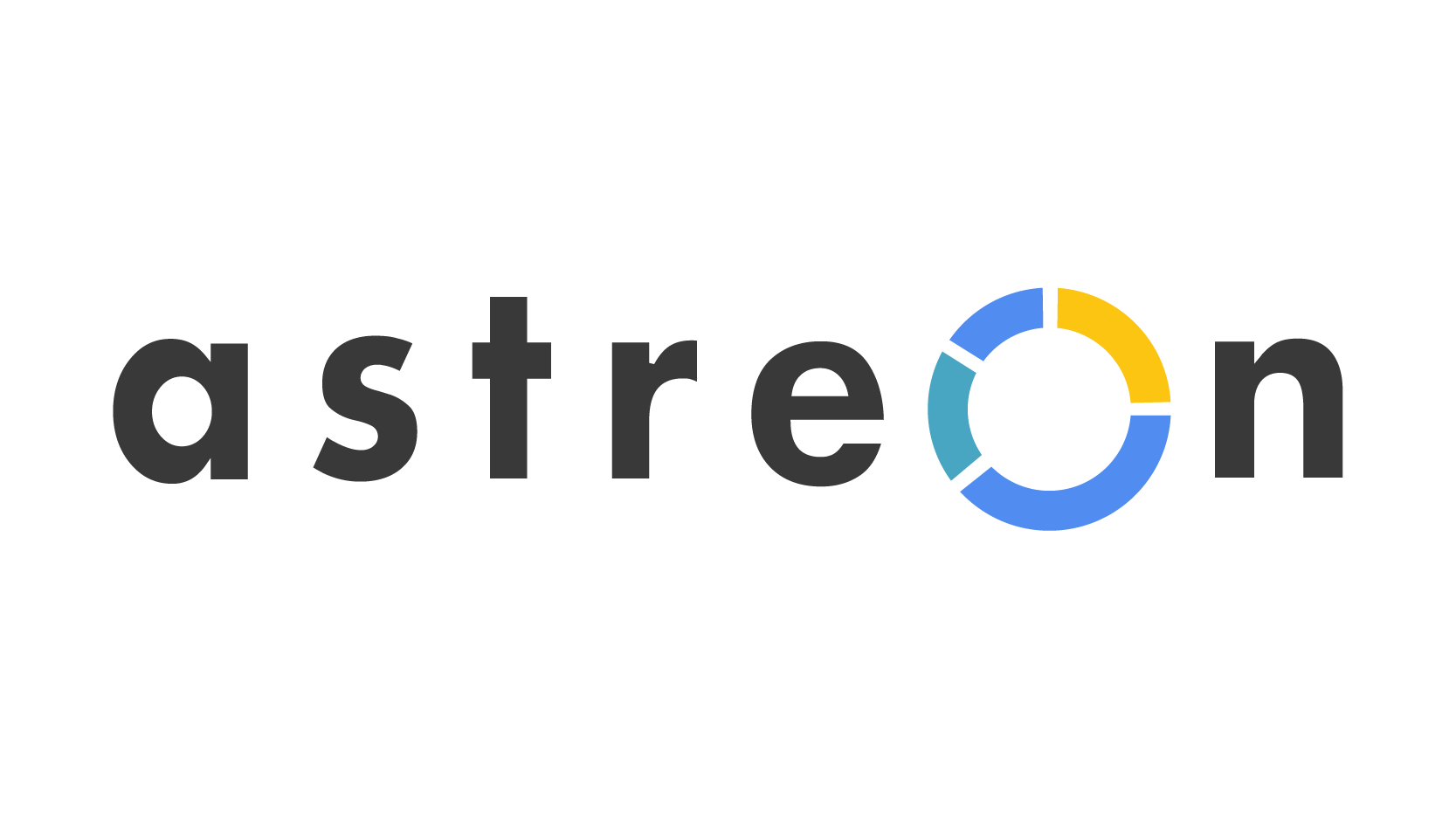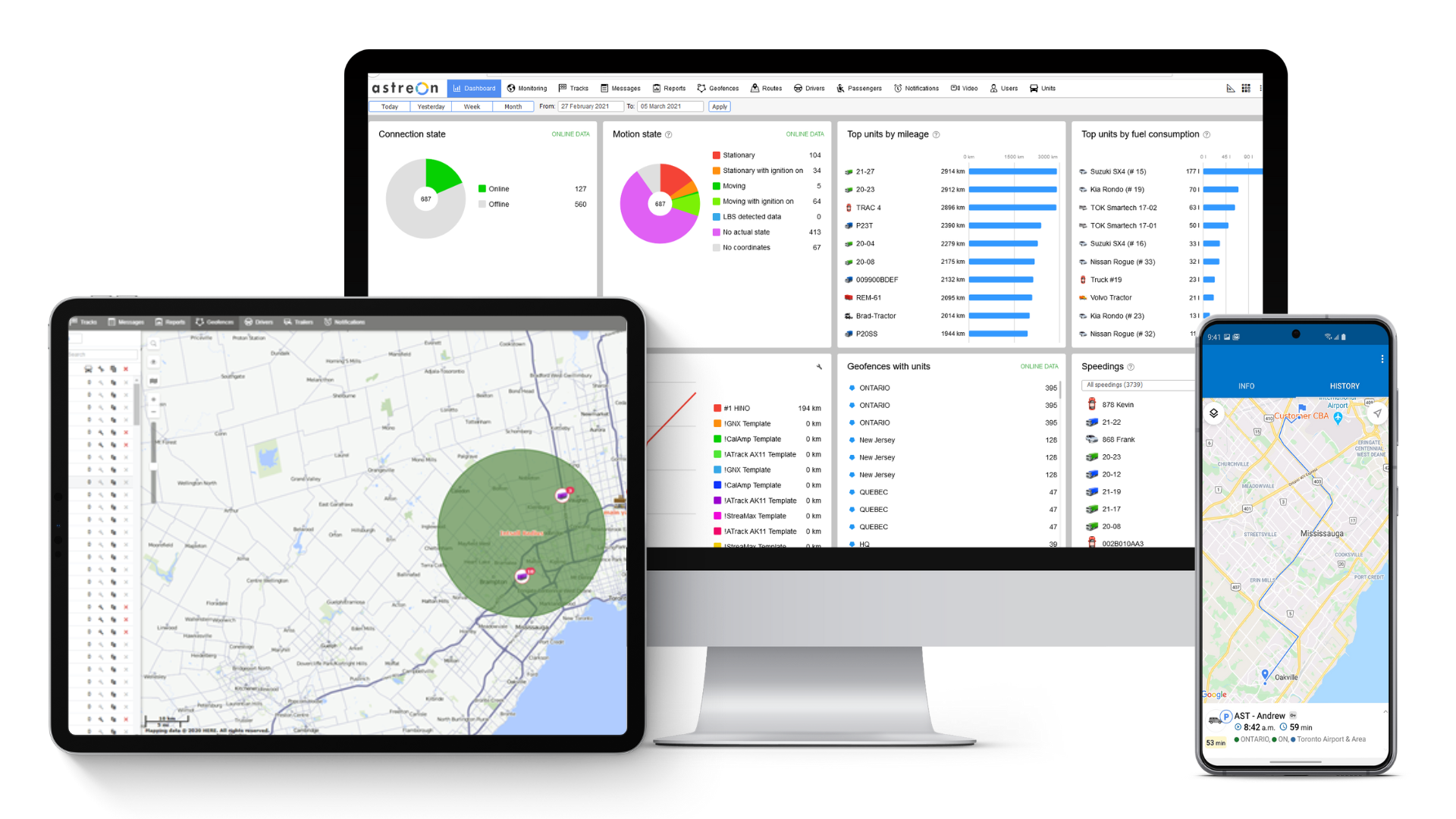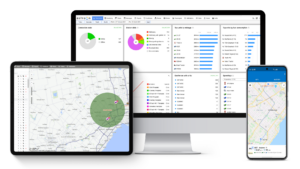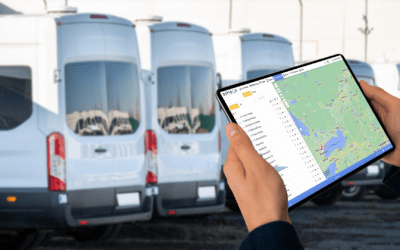The rapid evolution of technology has reshaped various aspects of business, with fleet management standing out as a prime beneficiary. The modern fleet manager deals with vast data points, from vehicle diagnostics to driver behaviour, fuel consumption, route optimization, and more. The task of managing these diverse data sets can be daunting, leading to missed insights and inefficiencies. However, the solution lies in centralizing fleet data with software integrations.
What are decentralization and centralization in fleet data?
In a world where data is the new oil, harnessing its potential is crucial for businesses. Data decentralization – where information resides in disparate systems – is a major pain point for many organizations. It interferes with efficient decision-making and often results in resource wastage. The advent of integrated fleet management solutions, like ours, has been helpful in overcoming these challenges.
Centralizing fleet data with software integrations allows businesses to have a single source of truth. When data from multiple sources, such as telematics, GPS tracking, fuel cards, maintenance systems, and more, is combined, businesses can derive more insightful and actionable intelligence.
A centralized system helps fleet managers to make important decisions with insightful data
This comprehensive view provides a comprehensive understanding of fleet operations. For instance, by integrating telematics data with maintenance records, fleet managers can better predict when a vehicle might need servicing. This prevents unexpected breakdowns, minimizes downtime, and thus, saves significant costs.
Similarly, merging GPS data with fuel card information can help you figure out fuel usage patterns and identify discrepancies. This helps control fuel expenses – a significant component of fleet operational costs.
Improve safety and reduce costs
Moreover, integrating driver behaviour data with telematics can support effective driver coaching, leading to improved safety, reduced insurance costs, and lower wear and tear on vehicles.
In addition, these integrations enable more accurate and efficient route planning. Managers can optimize routes based on real-time traffic, weather, and vehicle health information. This reduces travel time, saves fuel, and improves customer service by ensuring timely deliveries.
In a nutshell, software integrations not only streamline operations but also enable proactive decision-making. However, the benefits do not end there; it significantly impacts the return on investment (ROI).
Impact on ROI(Return On Investment) by a centralized system
Minimize human errors
A centralized system minimizes the need for manual data entry and analysis, reducing labour costs and the potential for human error.
Reduce costs
Proactive maintenance, fuel management, and driver coaching lead to tangible savings.
Improve customer satisfaction
Improving service delivery enhances customer satisfaction, contributing to revenue growth.
A study by the Aberdeen Group illustrates this well. It revealed that companies with centralized data systems experienced a 17% increase in service profitability due to improved productivity and a 12% reduction in operating costs.
Centralizing fleet data with software integrations is a necessity
We understand that each fleet is unique and requires a tailored approach.
Our flexible and scalable solutions can be customized to your specific needs, ensuring maximum ROI.
Centralizing fleet data with software integrations is no longer a choice but a necessity. Embracing it equips businesses with the power to turn the vast ocean of fleet data into actionable insights that drive operational efficiency and financial growth. It’s time to leverage this transformative approach for an effective and profitable fleet management journey.
By choosing us as your partner, you’re choosing a path to streamlined operations, cost savings, and maximized returns. Are you ready to unlock the full potential of your fleet data?







